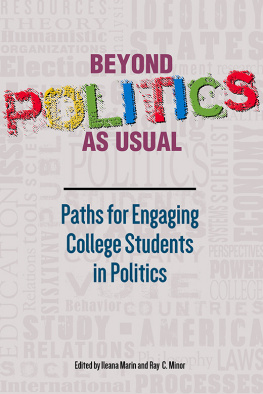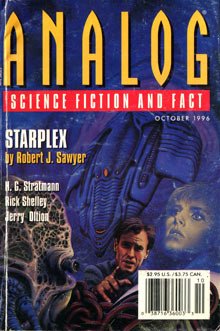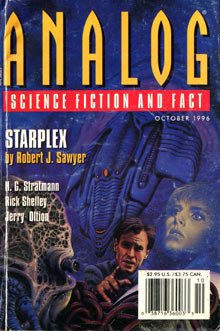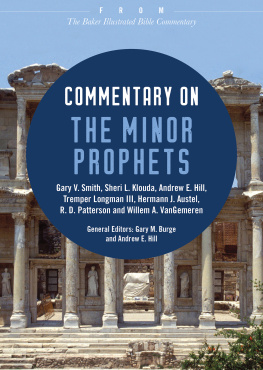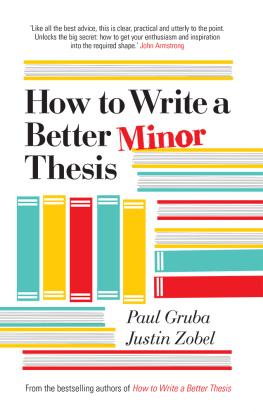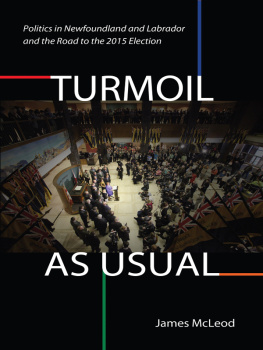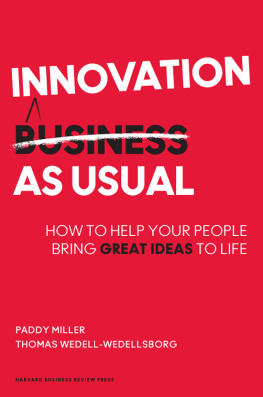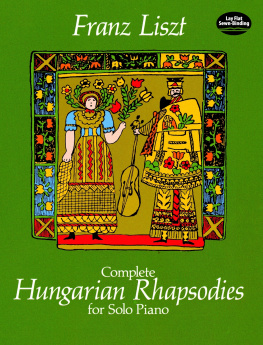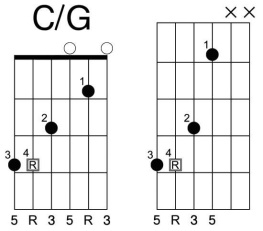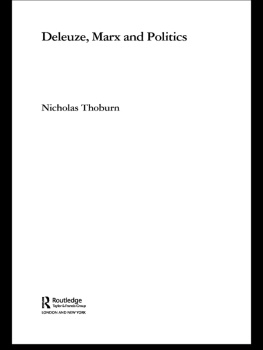Minor Ray - Beyond Politics As Usual
Here you can read online Minor Ray - Beyond Politics As Usual full text of the book (entire story) in english for free. Download pdf and epub, get meaning, cover and reviews about this ebook. publisher: Kettering Foundation, genre: Politics. Description of the work, (preface) as well as reviews are available. Best literature library LitArk.com created for fans of good reading and offers a wide selection of genres:
Romance novel
Science fiction
Adventure
Detective
Science
History
Home and family
Prose
Art
Politics
Computer
Non-fiction
Religion
Business
Children
Humor
Choose a favorite category and find really read worthwhile books. Enjoy immersion in the world of imagination, feel the emotions of the characters or learn something new for yourself, make an fascinating discovery.
- Book:Beyond Politics As Usual
- Author:
- Publisher:Kettering Foundation
- Genre:
- Rating:3 / 5
- Favourites:Add to favourites
- Your mark:
- 60
- 1
- 2
- 3
- 4
- 5
Beyond Politics As Usual: summary, description and annotation
We offer to read an annotation, description, summary or preface (depends on what the author of the book "Beyond Politics As Usual" wrote himself). If you haven't found the necessary information about the book — write in the comments, we will try to find it.
Beyond Politics As Usual — read online for free the complete book (whole text) full work
Below is the text of the book, divided by pages. System saving the place of the last page read, allows you to conveniently read the book "Beyond Politics As Usual" online for free, without having to search again every time where you left off. Put a bookmark, and you can go to the page where you finished reading at any time.
Font size:
Interval:
Bookmark:

Paths for Engaging
College Students
in Politics

Edited by Ileana Marin and Ray C. Minor

| Managing Editor: Copy Editors: Design and Production: | Ilse Tebbetts Laura Carlson, Lisa Boone-Berry Longs Graphic Design, Inc. |
2017 by the Charles F. Kettering Foundation
ALL RIGHTS RESERVED
Beyond Politics as Usual: Paths for Engaging College Students in Politics is published by Kettering Foundation Press. The interpretations and conclusions contained in this book represent the views of the authors. They do not necessarily reflect the views of the Charles F. Kettering Foundation, its directors, or its officers.
For information about permission to reproduce selections from this book, write to:
Permissions
Kettering Foundation Press
200 Commons Road
Dayton, Ohio 45459
This book is printed on acid-free paper.
First edition, 2017
Manufactured in the United States of America
ISBN 978-1-945577-13-0
Library of Congress Control Number: 2016955359
The editors would like to thank all of the authors included in this book for their contributions. Truly, without their devotion and hard work this collection of essays would not be as comprehensive or as rich as it is. We also thank Ilse Tebbetts, our in-house editor, for her meticulous editing, and Laura Carlson for editorial suggestions for the manuscript. Thanks go also to Maxine Thomas for doing a final read of the manuscript. We are grateful to David Mathews for his vision and his charge to produce such a book. Finally, we would like to thank all of our colleagues at the Kettering Foundation who comprise the Public-Academy Workgroup.


Political Learning Opportunities in College:
What Is the Research Evidence?
Deliberation as Communicative Politics:
Building Civic Engagement in College Students
(Striving for) Democracy in Small Groups:
Engaging Politics in a Communication Studies Course
Practicing Deliberative Democracy at
Gulf Coast State College
Political Participation Exercises as a Means of
Teaching Civic and Networking Skills
The Potential of Living-Learning Communities as
Civic Engagement Incubators
Civic Outcomes of Student Engagement
in Sustained Dialogue
Campus Network: Galvanizing a New Generation to
Participate in Making Public Policy
Reengaging Students in Our Democracy:
Lessons from the CSU Center for Public Deliberation and Its Student Associate Program
Afterthoughts:
Democracy and Higher Education

Paths for Engaging College Students in Politics
Ileana Marin & Ray C. Minor
Kettering Foundation

THE AIM OF THIS BOOK is to shed light on the political learning, thinking, and acting of college students today. In addition, the book sets out to reveal current practices and approaches faculty and staff at institutions of higher learning and other nonprofits employ to instill democratic concepts, values, and skills in students under their tutelage.
It is a subject that has occupied a considerable portion of the Kettering Foundations research agenda for more than 20 years. In 1993, the foundation published a national study conducted by the Harwood Institute, College Students Talk Politics. This study, based on findings coming out of focus groups on 10 American campuses, revealed that students considered politics irrelevant to their lives and saw little purpose to be served by active participation in the political system. It was not a particularly surprising result. Other observers, many of them in the nations colleges and universities, had seen the signs. And some were making efforts to reverse the trend.
Campus Compact, for example, began in 1985 with four founding membersthe presidents of Brown, Stanford, and Georgetown Universities and the Education Commission of the States. Its goal: challenging institutions of higher learning across the country to make the education of students for responsible citizenship an institutional priority. Now a national coalition of some 1,100 colleges and universities, it has gradually shifted from a focus on community service to promoting a broader view of civic engagement.
Faculty members in some colleges embraced the idea. Among them were Katy Harriger and Jill McMillan at Wake Forest University, who devised an experimental four-year program for a small group of students to learn and practice public deliberation to determine whether this useful and practical way of speaking politics might counteract the alienation from public life that had overtaken so many young Americans. Findings from their 2007 study, Speaking of Politics: Preparing College Students for Democratic Citizenship through Deliberative Dialogue, published by Kettering Foundation Press, indicated that, upon graduation, this group of students had the skills and the interests needed to become more involved, responsible, analytical, efficacious, and community-minded citizens than did their fellow students in a control group and in the larger community.
Almost 15 years after the Harwood study, in 2007, Kettering Foundation collaborated with the Center for Information and Research on Civic Learning and Engagement (CIRCLE) to publish a report titled Millennials Talk Politics: A Study of College Student Political Engagement. The main goal of this research was to find out whether, and in what ways, college students views and actions around civic engagement had changed as a result of the work carried out by colleges and universities throughout the country and of the political events surrounding it. The study was based on conversations with undergraduate students in focus groups held on 12 four-year college and university campuses across the United States. Findings revealed that the millennials (born after 1985) were more engaged than their predecessors in generation X; they were involved at the local level, but were ambivalent about formal politics; they disliked polarized debates and sought authentic opportunities for discussing public issues; and across the landscape of higher education, opportunities for civic participation and learning remained spotty.
It is not news that many college students today lack confidence in the political system; they are turned off by conventional politics, and seek new ways to engage politically. Gridlock in Congress, partisan politics and polarization, voter disenfranchisement schemes, political corruption, and unethical behavior have motivated them to seek alternative ways, including utilizing the Internet and social media, to address public problems and make a difference in public life.
Todays students live in a virtual global community. Mountains of information about persons, places, and events are at their fingertips through social media and search engine sources. The cell phone in every students pocket can be used to record voice or motion, create text, and take photos. And it can transmit any of these products to a person in the next room or on the other side of the world in real time. It can be usedand has beento record a classroom lecture or to foment a national revolution.
Font size:
Interval:
Bookmark:
Similar books «Beyond Politics As Usual»
Look at similar books to Beyond Politics As Usual. We have selected literature similar in name and meaning in the hope of providing readers with more options to find new, interesting, not yet read works.
Discussion, reviews of the book Beyond Politics As Usual and just readers' own opinions. Leave your comments, write what you think about the work, its meaning or the main characters. Specify what exactly you liked and what you didn't like, and why you think so.

